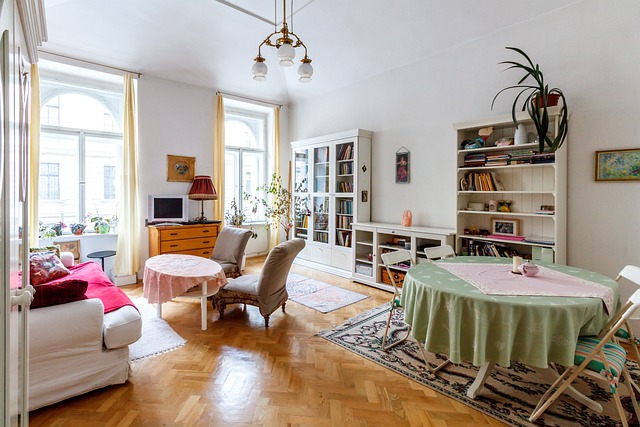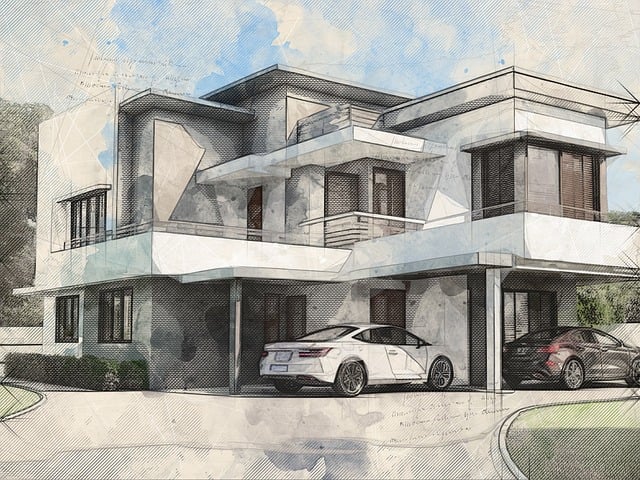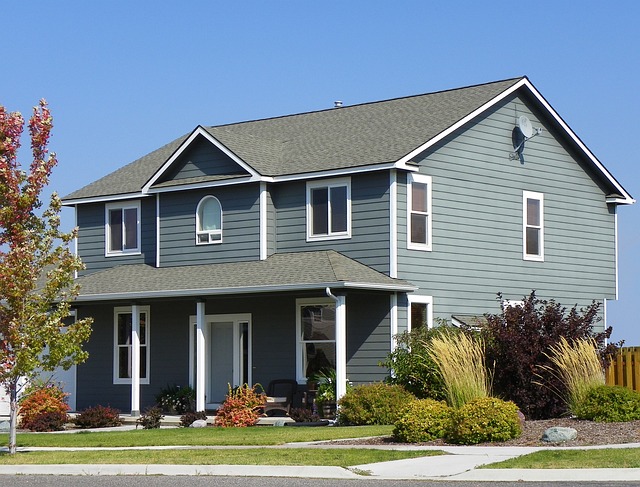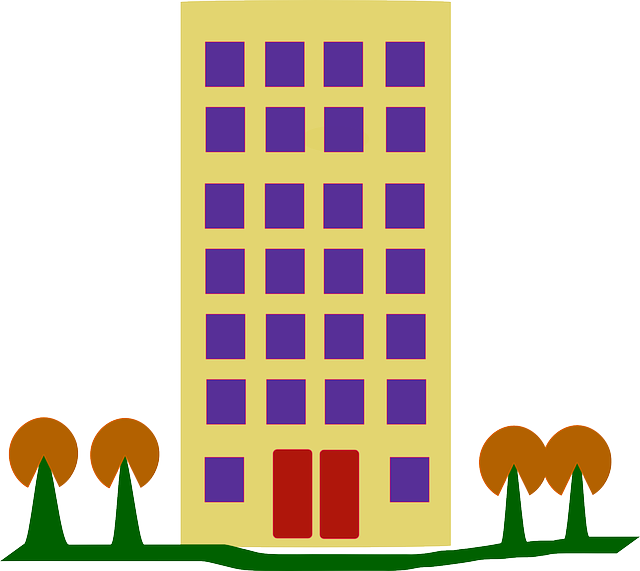2023 marked a resurgence for Executive Condos (ECs) in Singapore, with their appeal broadening to cater to singles, families, and upgraders from HDB flats due to the sector's dynamic evolution, reflecting a robust property market adapting to diverse housing demands. The government's housing policies have been pivotal in balancing affordability with quality of life within ECs. Looking ahead, ECs are expected to grow further, supported by economic development and stable population growth, offering larger living spaces compared to other public housing options. Innovative features, sustainable design elements, and adherence to the Green Mark scheme underscore Singapore's commitment to eco-conscious living within these condos. The government has implemented measures to ensure the sustainability of ECs through legislative changes, including adjustments to eligibility criteria and LTV ratios. The transformation of ECs in Singapore is marked by avant-garde architecture, smart home technology, and a focus on both modern aesthetics and environmental stewardship. These hybrid dwellings are integral to community development, offering enhanced facilities and fostering a sense of belonging within neighborhoods, while also aligning with broader trends in sustainable urban living.
Singapore’s property landscape is ever-evolving, with Executive Condos (ECs) playing a pivotal role in meeting the diverse housing needs of its residents. This article delves into the latest developments shaping the EC sector, offering a comprehensive overview of trends, legal shifts, sustainability milestones, and market dynamics. From the aesthetic revolution in design to the fostering of vibrant community living, the trajectory of ECs reflects a commitment to innovation and environmental consciousness. Join us as we explore the multifaceted evolution of Executive Condos in Singapore, examining how they are adapting to meet the demands of modern living while catering to the aspirations of future homeowners.
- Navigating the Evolution of Executive Condos (ECs) in Singapore: A Look at Current Trends and Future Projections
- Key Legal Changes Impacting Executive Condo Ownership and Eligibility in Singapore's Housing Market
- Spotlight on Sustainability: Eco-Friendly Features Defining New-Age Executive Condos in Singapore
- Market Dynamics: Analyzing the Demand and Supply Patterns of Executive Condos Across Singapore
- Innovative Design and Architecture: The Aesthetic Revolution in Singapore's Executive Condo Landscape
- Community Living: The Role of Executive Condos in Shaping Residential Neighborhoods in Singapore
Navigating the Evolution of Executive Condos (ECs) in Singapore: A Look at Current Trends and Future Projections

2023 has seen a significant uptick in the popularity of Executive Condos (ECs) in Singapore, as they continue to serve as an attractive housing option for both singles and families. The evolution of ECs reflects a dynamic property market that caters to the diverse needs of residents. With new developments, these condos are becoming more sophisticated, featuring contemporary amenities and designs that appeal to younger professionals and multi-generational families alike. The Singaporean government’s housing policies have also played a pivotal role in shaping the EC landscape, ensuring a balance between affordability and quality living.
Looking ahead, projections indicate a continued growth trajectory for Executive Condos. This growth is partly fueled by ongoing economic development and a stable population growth. The trend towards smaller family units has led to a surge in interest for ECs, as they often come with larger living spaces compared to other public housing options. Developers are responding to this trend by introducing innovative features and sustainable design elements that cater to the eco-conscious consumer. As Singapore continues to evolve, the role of Executive Condos is set to become even more significant in shaping the urban skyline and meeting the housing needs of its residents.
Key Legal Changes Impacting Executive Condo Ownership and Eligibility in Singapore's Housing Market

2021 saw significant shifts in the eligibility criteria for ownership and residency within Executive Condos (ECs) in Singapore, marking a pivotal moment for potential buyers and current residents. The changes, primarily legislated under the Resale Lewak Haw Han Sien Act, altered the criteria for eligible applicants to purchase an EC resale unit. Previously, applicants were required to be at least 35 years old, but this threshold was raised to 45 years old, making it more challenging for younger individuals to enter the market. Additionally, the income ceiling for eligible applicants was tightened from SGD14,000 to SGD12,000, further refining the demographic that can afford an EC unit. These adjustments are part of a broader effort by the Singapore government to ensure a stable and sustainable public housing market, where Executive Condos serve as a unique mid-tier option for upgrading from HDB flats.
Moving forward into 2022, the focus on legal changes continued with additional updates that impact the eligibility for new EC launches. The government introduced measures to ensure that applicants have a longer waiting time before they can purchase an EC unit if they had previously owned a flat. This change aims to prevent speculative behavior in the property market and encourage more Singaporeans to prioritize ownership of public housing early in their careers. Furthermore, the enhanced loan-to-value (LTV) ratio for ECs was adjusted to align with that of new HDB flats, ensuring financial prudence among buyers. These legal amendments underscore the government’s commitment to refining the public housing framework and maintaining the affordability and accessibility of Executive Condos within Singapore’s dynamic housing landscape.
Spotlight on Sustainability: Eco-Friendly Features Defining New-Age Executive Condos in Singapore

In recent years, the concept of sustainability has become a cornerstone in the development of Executive Condominiums (ECs) in Singapore, reflecting a global shift towards eco-conscious living. These new-age ECs are integrating green features that not only reduce environmental impact but also promote a healthier lifestyle for residents. Innovative design elements such as energy-efficient appliances, water-saving fixtures, and smart home systems that optimize electricity usage are increasingly common. Additionally, the incorporation of lush greenery within living spaces and the use of sustainable materials in construction underscore a commitment to ecological preservation. The Singapore government’s progressive Green Mark scheme further encourages developers to adopt environmentally friendly practices, ensuring that ECs meet high standards of sustainability. This initiative is a testament to Singapore’s dedication to fostering green living without compromising on the comfort and luxury associated with Executive Condos. As a result, residents enjoy a harmonious blend of modernity and environmental responsibility, setting a precedent for sustainable development in urban settings across the region.
Market Dynamics: Analyzing the Demand and Supply Patterns of Executive Condos Across Singapore

In recent years, the Executive Condominium (EC) market in Singapore has exhibited dynamic shifts in demand and supply patterns, reflecting broader trends within the city-state’s property landscape. The EC segment serves as an important housing option for upgraders who outgrow their HDB flats but may not yet be ready to transition into private condominiums. These properties offer a golden mean of affordability and comfort, with longer leasehold tenures compared to public housing, yet without the full premium of a private property. The demand for ECs has been driven by young families and professionals seeking larger living spaces near amenities, transportation nodes, and within mature estates that provide a sense of community and convenience.
Market analysts have observed that supply patterns in the EC sector are closely tied to governmental policies and land sales. The Singaporean government strategically releases land for EC development through the Government Land Sales (GLS) program, which helps manage housing supply and stabilize prices. Developers have responded by unveiling innovative projects that cater to the evolving preferences of homebuyers. These developments often come with enhanced facilities and smart-home features, positioning them as competitive alternatives to both public and private housing options. The interplay between changing demographics, policy adjustments, and developer responses underscores the importance of monitoring market dynamics for those invested in or interested in the EC sector across Singapore.
Innovative Design and Architecture: The Aesthetic Revolution in Singapore's Executive Condo Landscape

Singapore’s Executive Condominiums (ECs) have undergone a transformative aesthetic revolution, marked by innovative design and architecture that redefines urban living. This evolution is not merely about functionality; it’s a visual testament to the island’s forward-thinking ethos. Developers are pushing boundaries, integrating sustainable practices with avant-garde aesthetics to create residences that stand out in the landscape. The use of smart materials and green technologies has become a hallmark of new EC developments, ensuring that these homes are not only visually striking but also environmentally responsible. Architects are experimenting with forms that engage with their surroundings, creating structures that are both harmonious with nature and reflective of the dynamic spirit of Singapore. The result is a built environment that offers residents a sophisticated living experience, blending seamlessly into the city’s skyline while carving out a unique niche in the real estate market. These innovations underscore the commitment to progress within the EC sector, ensuring that these homes remain at the forefront of design excellence and sustainability.
Community Living: The Role of Executive Condos in Shaping Residential Neighborhoods in Singapore

In recent years, Executive Condominiums (ECs) have become a pivotal element in shaping residential neighborhoods within Singapore. These hybrid housing options are designed to cater to the needs of both first-time homeowners and upgraders, offering a balance between public and private housing. ECs provide larger living spaces compared to HDB flats, with enhanced facilities and amenities that foster community living. They are strategically situated in mature estates or developing towns, ensuring a mix of youthful vibrancy and established community cohesion. The role of ECs extends beyond mere residential accommodation; they are instrumental in creating a sense of belonging and shared identity within these neighborhoods. As the landscape of Singapore’s housing evolves, ECs remain a key player in contributing to the country’s diverse living environments, offering a stepping stone for homeowners to transition from public to private housing while maintaining the fabric of established communities.
The impact of Executive Condos on Singapore’s residential neighborhoods is multifaceted. They not only address the housing needs of a growing population but also enrich the community with their comprehensive facilities, which often include swimming pools, gyms, and playgrounds. These communal spaces encourage residents to engage with one another, thereby strengthening social bonds and fostering a more cohesive society. The development of ECs is guided by careful planning to ensure they blend seamlessly with the existing infrastructure and environment. This thoughtful integration ensures that these housing developments not only meet the immediate needs of residents but also contribute positively to the long-term sustainability and character of Singapore’s neighborhoods.
In recent times, Singapore’s Executive Condo landscape has undergone significant transformations, reflecting a dynamic market that is both responsive to and shaping the needs of its residents. The evolution of ECs, marked by innovative design, sustainable practices, and legislative adjustments, underscores the sector’s adaptability and commitment to progress. As these community-centric living spaces continue to evolve, they not only cater to diverse lifestyles but also contribute to the vibrancy of Singapore’s residential neighborhoods. Prospective homeowners looking into Executive Condos can anticipate a forward-thinking environment that balances aesthetics, sustainability, and accessibility. The future of ECs in Singapore is poised for continued growth, ensuring their position as a cornerstone of the city-state’s housing offerings.



